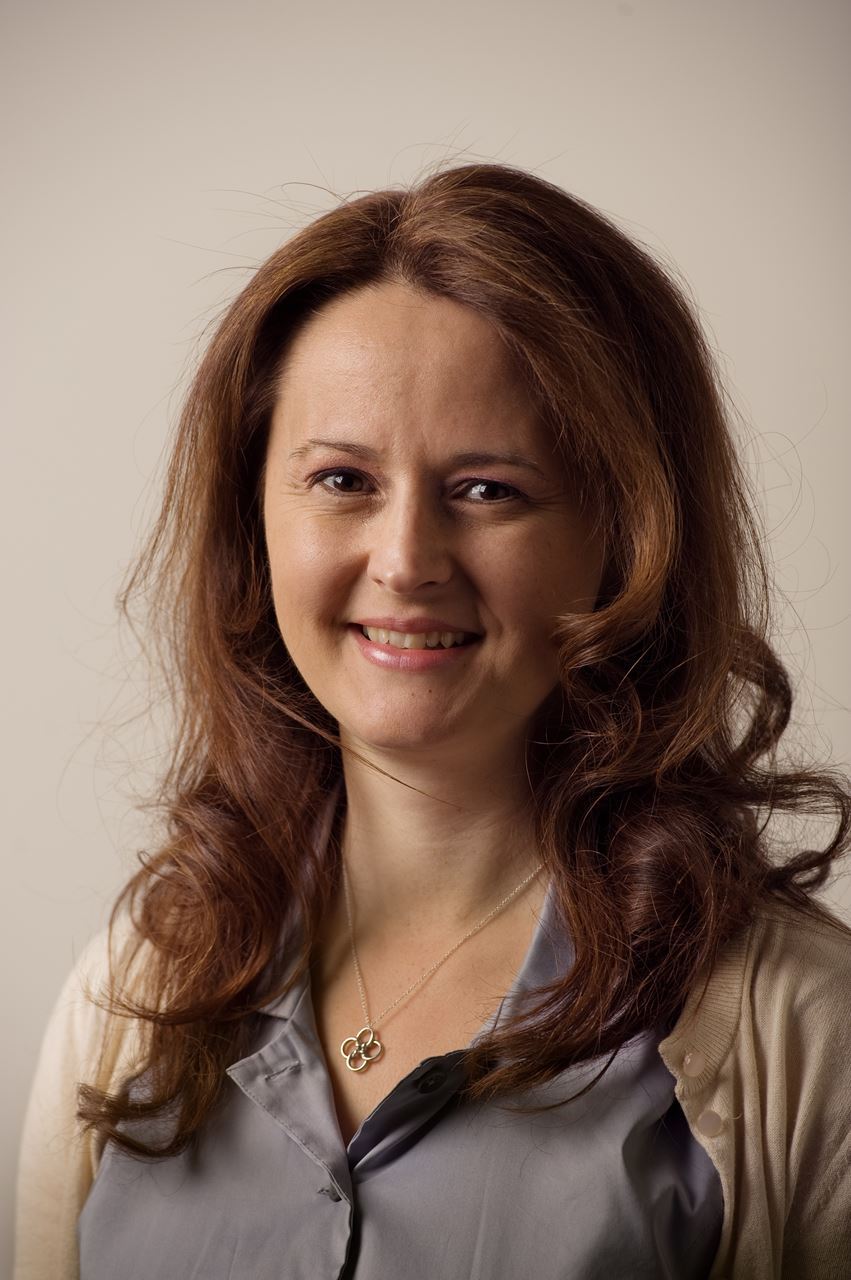|


|
|
Featured Full Day Presentation
The Electrophysiology of Stress: Strategies to Improve Clinical Efficacy and Compassion
Compassion has emerged as a major factor in the therapeutic benefit of mindfulness-based techniques which have been integrated into mainstream healthcare. There is a growing body of evidence of the effects of compassion training on physiological, psychological and behavioral levels. Combining biofeedback with compassion practices can maximize the advantageous psychological and physical changes that are seen with both. Research findings suggest that compassion trainingmay decrease loneliness, depressive symptoms, and sleep difficulty as well as moderate the effects of trauma.
This workshop will combine the expertise of two experienced clinical educators to create a unique set of insights into the relationships between not just therapists and their clients, but also the how the stress of daily life can impact the ability of counselors to attend to their own well-being. A clinician’s capacity to sustain a safe and ethical space in which clients can reach therapeutic goals is directly affected by their own levels of energy, health, attention and cognitive clarity. This session will review how to identify the cognitive and physiological symptoms of stress, how to address them through the framework of compassion, and introduce stress management strategies for more effectively educating and supporting clients, as well as reducing compassion fatigue and burnout in clinicians. Key topics will include biofeedback, neurofeedback, meditation, compassionate care, and clinician wellness. Attendees will leave with strategies which can be immediately applied to daily routines to reduce stress, and to demonstrate and address self-care for the practitioner, we will practice compassion cultivation during the session.
About the presenters Dr. Urszula Klich is a clinical psychologist, speaker, and author who teaches self-regulation to maximize physical and emotional health. She is a certified meditation teacher in Cognitively-Based Compassion Training (CBCT) through Emory University and has served on various medical teams. She is board certified in biofeedback and is the president of the Southeast Biofeedback and Clinical Neuroscience Association. Her specialized program of Mindfulness-Based Biofeedback (MBB) has been published and widely applied from hospitals to classrooms based on the premise that integrating mindfulness and compassion-informed treatment with psychology fosters individuals’ healing power to improve physical, emotional, and spiritual well-being. Living mindfully is advantageous and accessible to anyone who recognizes a need for a shift in their life and sets an intention to move forward. She is a sought-after workshop leader and internationally recognized speaker in health and wellness.
Penijean Gracefire is a neural frequency analyst and published author who rides motorcycles, drinks tea, and designs therapeutic interventions using 3D brain imaging technology. As a licensed mental health clinician, she integrates emotional experience with electrophysiology to alter neural dynamics in real time, helping people recover from trauma or improve brain flexibility and resiliency. Penijean’s groundbreaking work has led to industry-wide changes in neurotherapy, and is the basis for current standards in international certification. She currently co-chairs the Neuroscience Task Force for the American Mental Health Counseling Association, and serves as a consultant to a number of research and development ventures in the field of neurotechnology. Her passions include spectral analysis, donuts, and taking things apart to see how they work.
|



